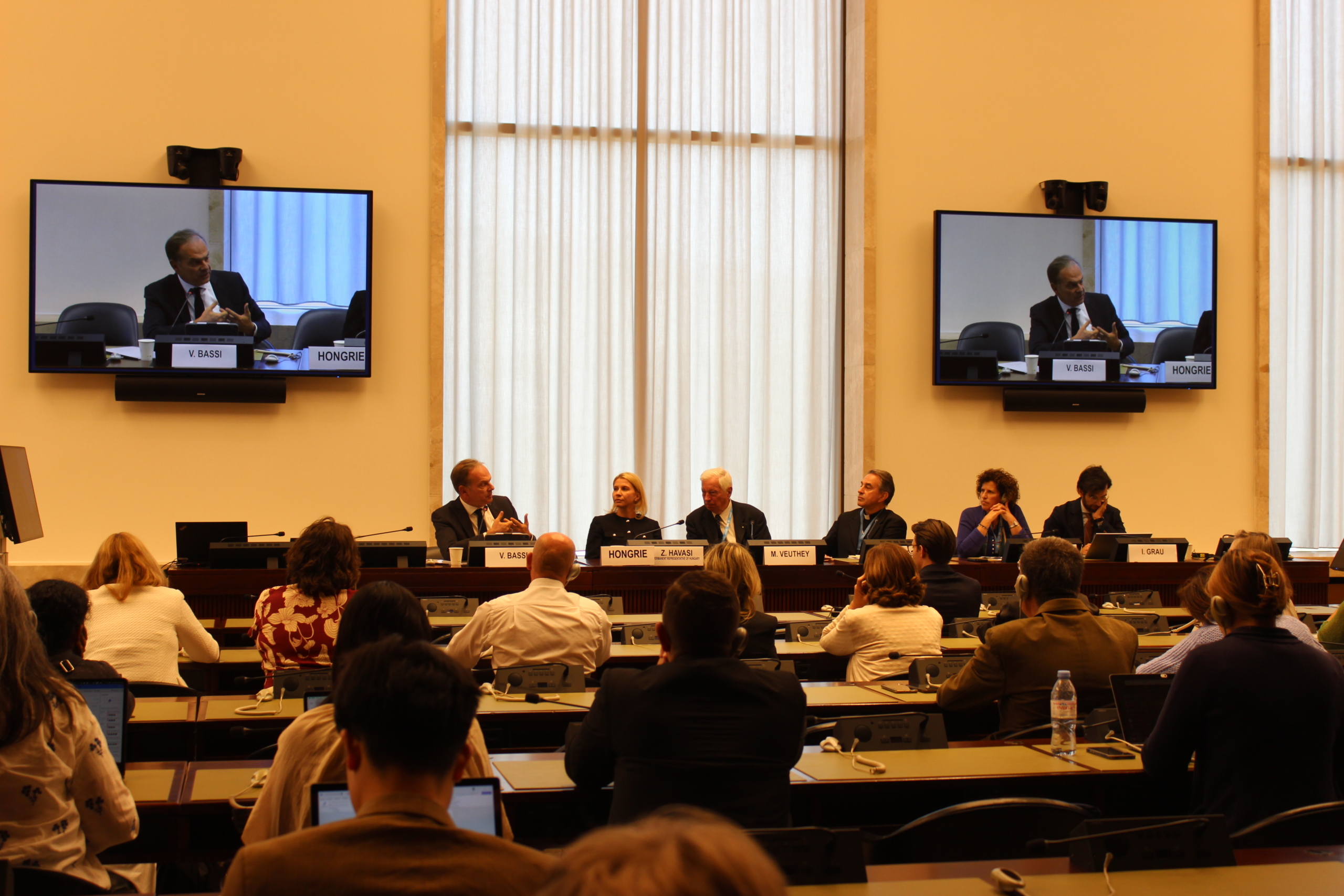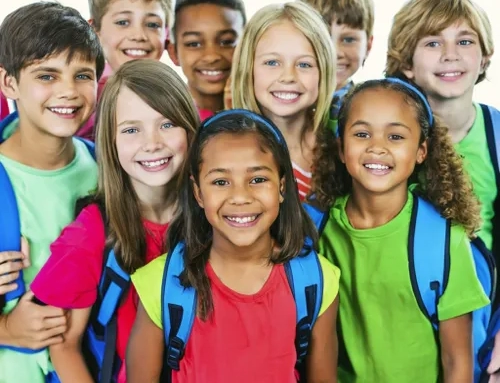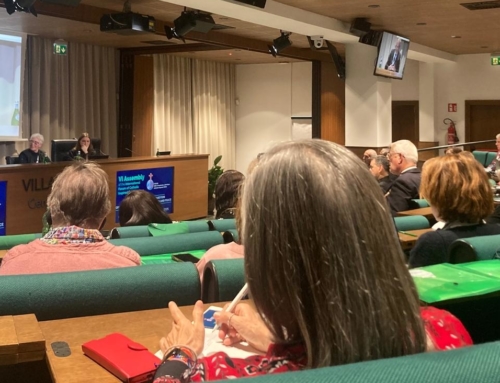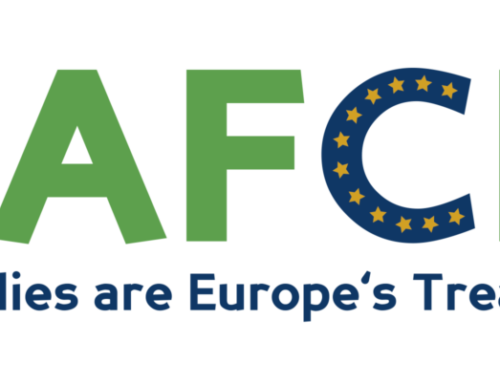Brussels, 25 September 2025
Just last week, on Tuesday 16th September, the Federation of Catholic Family Association in Europe (FAFCE) co-organised the event “Family as a Cornerstone: Upholding Parental Roles in ensuring the right to education” at the United Nations in Geneva. The event was held in partnership with the International Organization for the Right to Education and Freedom of Education (OIDEL), the Permanent Mission of the Order of Malta and the Permanent Mission of the Holy See.
In the context of ongoing negotiations at the UN Human Rights Council about the Optional Protocol of the Convention on the Rights of the Child, this event provided a timely platform for dialogue among key stakeholders — including Permanent Representations, Church Representatives and civil society — to reflect on the potential scope and implementation of this legal instrument, and to explore how it can effectively reinforce both access to quality education and the essential role of families.
As the international community continues to advance its commitment to universal, pre-primary, primary and secondary education, grounded in the Convention on the Rights of the Child (CRC) and its Optional Protocols, it is critical to reassert the foundational role of the family in the education of the child.
Article 18 of the CRC affirms that “Parents or, as the case may be, legal guardians, have the primary responsibility for the upbringing and development of the child”, and that “States Parties shall render appropriate assistance to parents.”
The event was moderated by Dr. Michel Veuthey, Ambassador of the Sovereign Order of Malta, who serves as the Ambassador of the Sovereign Order of Malta for Monitoring and Combating Trafficking. He emphasized that a strong and supportive family plays a vital role in preventing human trafficking by providing protection, awareness, and emotional stability that reduce vulnerability to exploitation.
The discussion was opened by the Apostolic Nuncio Ettore Balestrero, Permanent Observer of the Holy See to the United Nations in Geneva. He brought to the discussion the Compendium of the Social Doctrine of the Church where it says that “Parents are the first educators, not the only educators, of their children. It belongs to them, therefore, to exercise with responsibility their educational activity in close and vigilant cooperation with (others).”
The Ambassador Zsofia Havasi, the Permanent Representative of Hungary to the United Nations, highlighted that “children are not just members of the society, but embody our hopes and values, and therefore need special safeguards and care.”
She emphasised that “the family is the basic unit of our society, where values such as love, trust and respect are passed through everyday words and actions”. In this sense she called all international stackeholders to engage, as Hungary is doing, to protect families as “the future of our generations depends on the families we nurture today.”
“Families have a strategic role in society. Public policies should aim to support families in achieving their own goals and navigating their internal challenges—never to replace them,” recalled Professor Ana Vega Gutiérrez from the University de La Rioja and Director of the UNESCO Chair during the side event. She stressed the fact that especially in times of crises parents are the most solid alliance that the state can have. Families need to be empowered with tools in the use of social networks, that may pose threats to children, such as access to online pornography.
FAFCE President Vincenzo Bassi emphasized that loneliness is one of the greatest challenges families face nowadays. “That’s why families need the support of other families: to achieve true community renewal, we must build networks of families!”
Parents have the original responsibility for their children’s education and well-being, as they know the individual needs of their children better than anyone else. Acting also as a bridge between children and schools, parents must be considered primary stakeholders in education systems. Vincenzo Bassi concludes “the schools exist because they have to provide a service to the families.”
The event was concluded by Mr. Ignasi Grau, General Director of OIDEL with a short anecdote about the time when all schools were closed during COVID and where the families and parents played the most important role for the development and education of the children.
FAFCE recalls that children are not isolated islands or atoms, they are human persons embedded in a concrete relational context. Education begins in the family, where parents hold the primary responsibility for the education of their children. This responsibility is rooted in both a right of the child and a duty of the parents — this is critical especially in the formulation, delivery, and monitoring of educational policies. It is crucial to remember what is stated in the encyclical Rerum Novarum by Pope Leo XIII that “the family is a small but true society, and prior to any civil society.”









